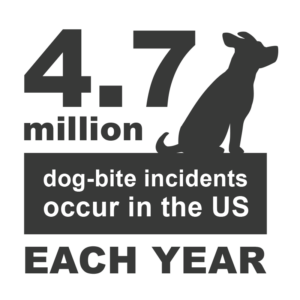
Dog Bite Cases: How Utah Is Different from Every Other State
Many dog bite cases fall under the category of premises liability law in that they occur on someone else’s property and therefore the owner of that property is liable, especially

Many dog bite cases fall under the category of premises liability law in that they occur on someone else’s property and therefore the owner of that property is liable, especially

Car accidents can have a serious impact on your quality of life, especially when serious injuries occur. Whiplash, caused by a sudden back-and-forth movement of the neck, is one of

If you have recently been seriously injured in an accident caused by someone else’s negligent or deliberately wrongful actions, you probably find yourself faced with unexpected and overwhelming financial burdens
UTAH INJURY LAWYERS
Flickinger • Boulton
• Robson • Weeks
PROVO OFFICE
3000 N University Ave
Suite 300
Provo, UT 84604
SOUTH JORDAN OFFICE
10393 S. Temple Dr.
Suite 103
South Jordan, Utah 84095
OFFICE HOURS
Monday- Friday: 8AM-5PM
Saturday-Sunday: Closed
*Disclaimer: the information provided by this website is for informational purposes only and should not be considered legal advice or a substitute for competent legal counsel.
**SMS consent and contact phone numbers will not be shared or sold to third parties or their affiliates for any purpose.
© 2025 All Rights Reserved.